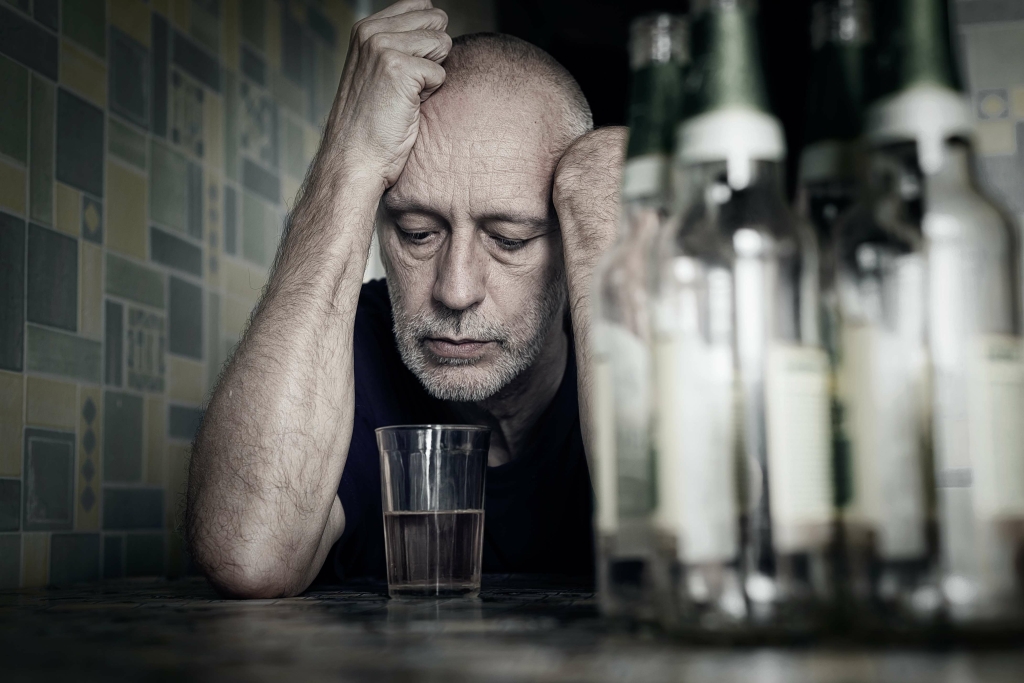This can lead to exploring healthier alternatives for managing stress. Additionally, if you’re struggling with unstable moods or other mental health issues and find yourself drinking more to escape it all, I recommend speaking with a mental health counselor or therapist. This is why it’s so critical for people to get treatment for both alcohol dependence and mood disorders to have the greatest chance at recovery.
But in the meantime, how do you handle these mood changes without picking up a drink? Understanding the connection between alcohol abuse and your mood is key. Cognitive behavioral therapy focuses on changing unhealthy thought and behavior patterns. But with continued drinking, your brain struggles to produce these chemicals, causing low moods and irritability. Alcohol also impacts GABA and glutamate, neurotransmitters involved in regulating emotions.
Carolina Recovery
This may be because they ‘self-medicate’, meaning they drink to deal with difficult feelings or symptoms. If you recognize your own behavior in the description of intermittent explosive disorder, talk with your doctor or other health care professional about treatment options. In fact, alcohol is the oldest and best-known drug in the depressant class of psychoactive substances. Alcohol can have profound effects on your mental health, cognition, personality, mood, and behavior. During the early stages of alcohol withdrawal, people may experience mood swings due to the changes in chemicals and hormones that occur when alcohol leaves the body. Mood swings in early sobriety can manifest as anger, sadness, depression, or even manic episodes.
- This aggressive behavior may result in other issues, such as verbal abuse.
- Mark joined the medical team at The Freedom Center in September 2018 as the Medical Director.
- Even if they don’t engage in any bad behaviour, poor sleep or a hangover may mean that the person won’t be functional the next day, which will put anyone in a bad mood.
- When the brain’s chemical balance is disrupted, it can result in dependency, further exacerbating mood instability.
- Bunmi is dedicated to helping her clients reach their full potential and build their toolkit of resources to support their long-term recovery.
Unfortunately, many people turn to alcohol as a coping mechanism for dealing with stress or negative emotions. This can create a self-destructive cycle of relying on drinking as an emotional crutch, potentially leading to alcohol use disorder (AUD). It is essential for those struggling with alcohol use disorder to understand the nature of their relationship with alcohol.
Short-Term Effects of Alcohol on Someone’s Mood
Her attention to detail and communication skills are valuable assets. Mary goes above and beyond to exceed expectations and is dedicated to outstanding service. Alcohol, which is classified as a depressant, targets GABA receptors in the brain. These receptors have an effect on functions like motor skills, sight, speech, and emotions. Perhaps most importantly, remember that your anger is your choice.

The PFC region of the brain is where we make judgment calls about potential behavior before acting on it. When alcohol impairs this area, a person may be more likely to behave in a way they wouldn’t while sober, including getting confrontational (2). “It can be difficult to be aware of the impact of your emotions due to alcohol’s effect on the brain,” Metcalf explains. Cori’s key responsibilities include supervising financial operations, and daily financial reporting and account management. Cori’s goal is to ensure all patient’s needs are met in an accurate and timely manner.
Substance Use Treatment
It does this by providing compassionate care and evidence-based content that addresses health, treatment, and recovery. Unacceptable Behavior is Not Acceptable
You do not have to accept unacceptable behavioral mood swings that are damaging to your alcohol depression and anger emotional, mental or spiritual well-being. You have a choice in every given situation to either be a doormat or get yourself away from the alcoholic. Managing mood swings is an ongoing journey, and experiencing occasional fluctuations is normal.
If you or your loves ones notice any of these symptoms in someone who abuses alcohol, contact a treatment provider to learn about the best options for care and treatment. A person who has been abusing alcohol for a long time should not abruptly stop without medical supervision due to the danger of withdrawal symptoms. With support at a certified drug and alcohol therapy and detox clinic, a person has a better chance of recovering from alcohol addiction and remain sober. During rehab, there are support systems in place which are tailored to the needs of each person in recovery. Alcohol abuse can lead to serious side effects including mood swings. If someone is having difficulty controlling their drinking and they are exhibiting signs of alcohol-induced mood swings, they may be suffering from addiction and a co-occurring disorder.
Receive Alcoholism Treatment at Discovery Institute
Overall, exhibiting one or a combination of the above factors can increase your chances of becoming angry when intoxicated. Another study of 249 heavy drinkers similarly found that alcohol intoxication predicted higher levels of IPV in those who reported low psychological flexibility (Grom et al., 2021). It affects parts of your brain responsible for movement, memory, self-control, and basic functions like hunger and thirst.
Despite “passing out” for several hours, it’s not the same restorative sleep you would typically get. This further contributes to feelings of irritability and moodiness. Alcohol causes dehydration which can also lead to irritability, mood swings, fatigue, headaches, and feeling pretty lousy. That “after a night out drinking” blues, also known as hangxiety, is something many people experience. People who drink regularly (even 1-2 drinks per night or just on Fridays, etc.) experience changes in their HPA Axis that result in more cortisol (stress hormone) being released at baseline. Alcohol abuse contributes to 232 million sick days at work, for instance.
Online Therapy
So when that meed goes unmet, behavior, mood, and emotional stability all tank. We get a little loose and start behaving in ways we normally wouldn’t. We sit down after a long day, crack open a beer or a bottle of wine, and after a few sips that euphoric wave washes over us. Because alcohol can make you lose your inhibitions and act more impulsively, it may lead to actions such as self-harm or suicide. Contact Passages confidentially today and receive free information on our treatment centers.

Impulsive attacks and angry outbursts occur suddenly, with little or no warning. Verbal outbursts or less severe physical attacks may still occur in between these times. You may be irritable, impulsive, aggressive or angry most of the time. We’re here 24/7 to help guide you or your loved on through rehab and recovery. Submit your number to receive a call today from a treatment provider.
